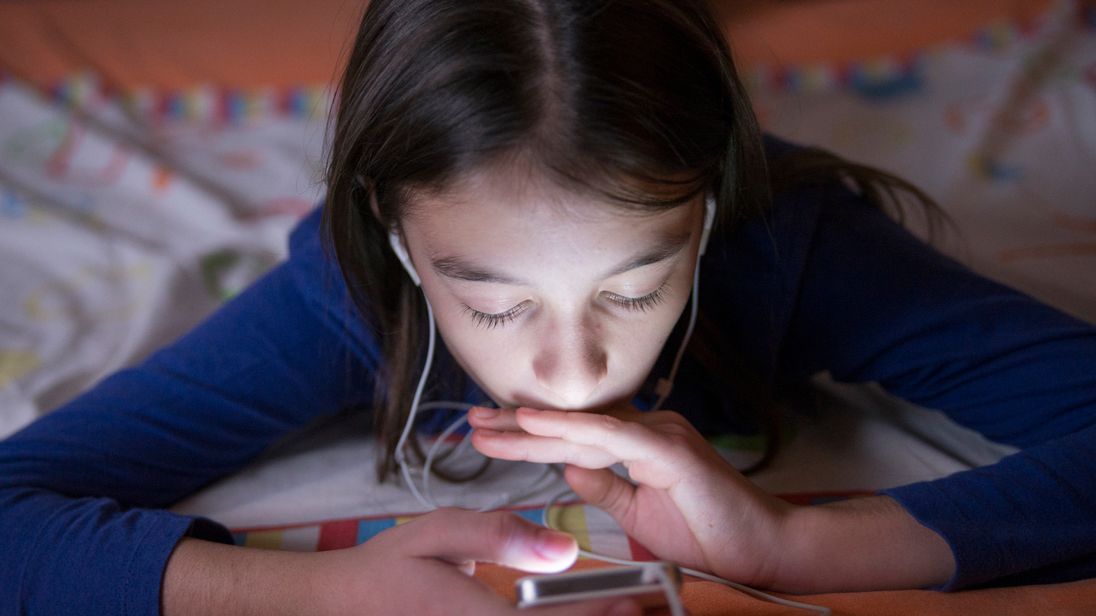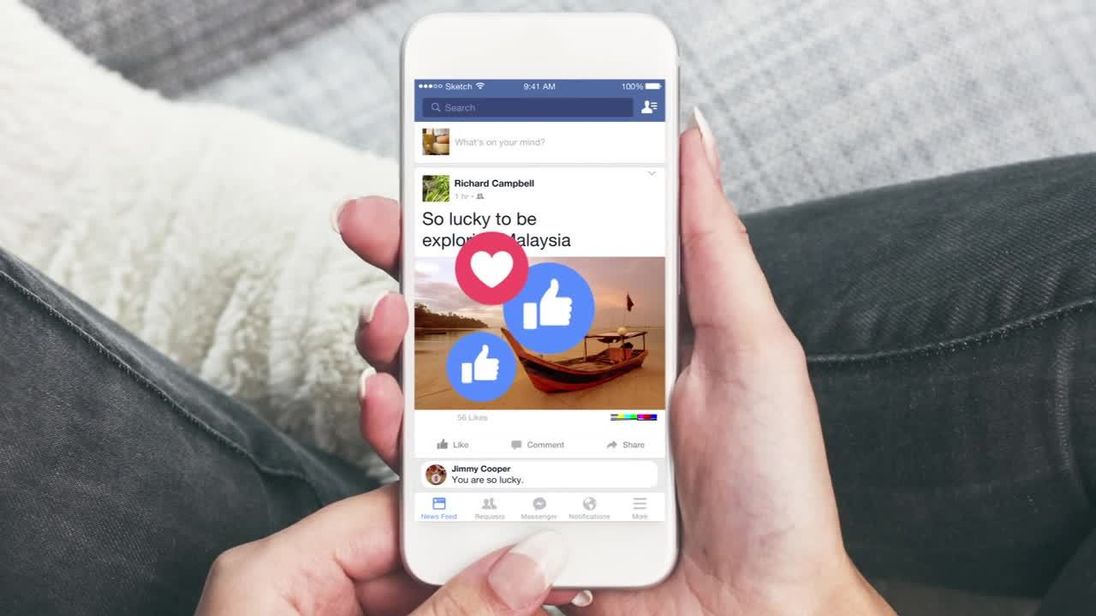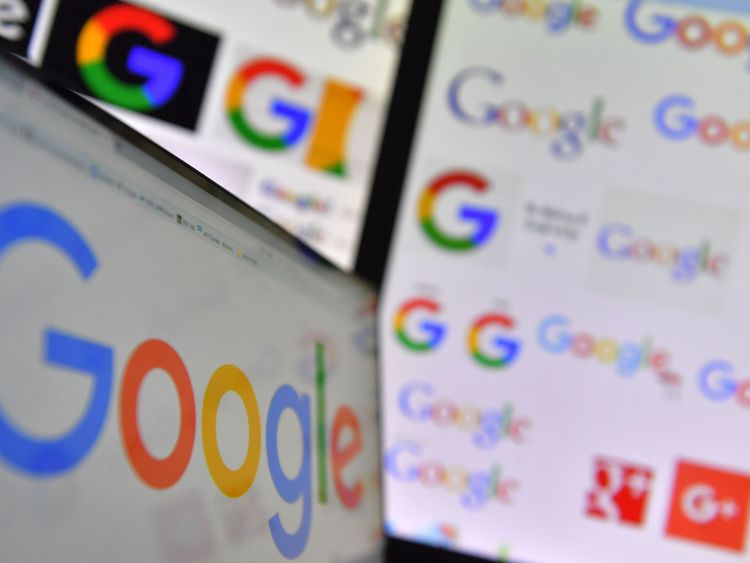The Health Secretary has accused social media networks of "turning a blind eye to a generation of young people" by failing to protect them when using their platforms online.
Jeremy Hunt says he is "disappointed" by the lack of progress made in areas such as age verification, screen time limits and cyber bullying.
He met with the bosses of social networks such as Facebook and Twitter in November, but in a strongly-worded letter he told the companies not enough progress has been made.
"I fear that you are collectively turning a blind eye to a whole generation of children being exposed to the harmful emotional side effects of social media prematurely," he said.
"This is both morally wrong and deeply unfair on parents, who are faced with the invidious choice of allowing children to use platforms they are too young to access, or excluding them from social interaction that often the majority of their peers are engaging in.
"It is unacceptable and irresponsible for you to put parents in this position.
"This is not a blanket criticism and I am aware that these aren't easy issues to solve… however, it is clear to me that the voluntary joint approach has not delivered the safeguards we need to protect our children's mental health."
The firms have been given just over a week to set out what steps they have taken to cut underage use, prevent cyber bullying and encourage healthy screen time – and what more they intend to do.
Mr Hunt stressed that the Government does not rule out bringing in new legislation to deal with the situation when it considers options in May.

Tamanna Miah, 24, campaigns for more help for young people when it comes to cyber bullying.
She told Sky News she was a victim herself: "I experienced a number of things. Whether it was people commenting on my photos, my posts, being really negative, mocking my religion, my background, my family, where I lived, what I wore, the way I dressed, everything from my appearance to my culture."
Her friend Rosina St James said she is concerned about children who are growing up with social media profiles from a very young age.
"Everybody is taking selfies constantly and for me it's the psychological effect of the self-esteem and self-worth and your identity attached to that because you get lost in looking the best, of having the best status, or wanting everybody to know about what you're doing."

The National Bullying Helpline says it has seen a big rise in the number of inquiries for help when it comes to cyber bullying – more than 1,000 every day.
The ambassador for the helpline, actress Debbie Arnold, says tougher laws are needed urgently.
"Murder is a crime, hitting someone is a crime. We need to know the barriers, where is cyber bullying? When does it become a crime? When is it telling tales and when does it go from one thing to another. I mean, it's caused people to kill themselves. It causes people life-long anxiety. Cyber bullying is everywhere and we have got to do something to stop it."
Sky News approached all major social networks for a response to Mr Hunt's letter.
Google responded saying it is taking action and shares the Government's commitment to ensuring the internet is a safe space.

Katie O'Donovan, public policy manager at Google UK, said: "Along with all parents, we understand the challenge of helping children make the most of the internet in a safe and responsible way.
"Google shares the Government's commitment to this, which is why we launched Family Link to help parents set digital ground rules for their children such as screen time limits. We also developed the first online safety course to be officially accredited and have taught it to over 40,000 school children so far."
Facebook said: "We welcome the Health Secretary's continued engagement on this important issue and we share his ambition to create a safe and supportive environment for young people online.
"We continue to invest heavily in developing tools for parents and age appropriate products to meet this challenge, and we look forward to continuing to work with our child safety partners and Government to make progress in this area."
Snapchat said it tries to prevent under-13s joining its network and provides a number of tools to help older youngsters protect themselves.
A spokesperson said: "We take our responsibility to create a safe and secure experience extremely seriously and continue to invest in reources to keep our community safe online.
"Bullying, harassment and intimidation have no place on Snapchat. We provide tools for Snapchatters to report violations and our dedicated Trust & Safety team reviews abuse reports and takes action when they become aware of a violation."
[contf] [contfnew] 
Sky News
[contfnewc] [contfnewc]







